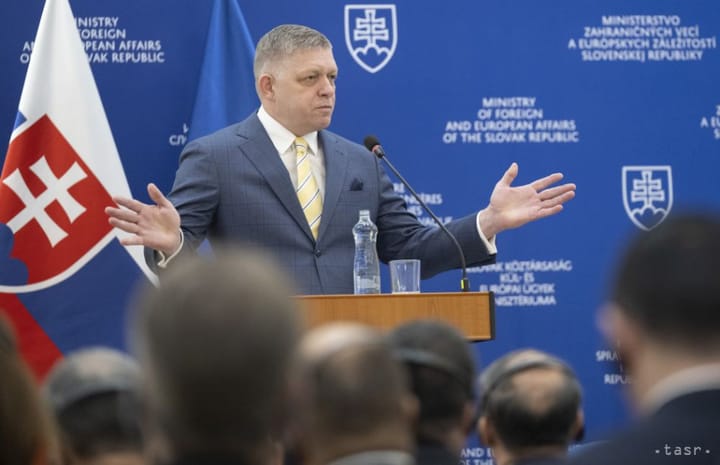Pellegrini: University Graduates with Inferior Jobs Should Be Retrained

Bratislava, June 5 (TASR) – Money from the EU should be used for retraining university-educated people who have found rather inferior jobs, said Vice-premier for Investments and Informatisation Peter Pellegrini (Smer-SD) at a conference organised by the American Chamber of Commerce (AmCham) and Representation of the European Commission in Slovakia on 4.0 skills in Bratislava on Monday.
According to Pellegrini, modern technologies have been developing so rapidly that individual countries and their labour markets haven’t been able to react appropriately to these developments, with companies beginning to feel a lack of properly trained staff. Nevertheless, changes to the education system and the approach to education, which includes the training of teachers, are mechanisms that can bear fruit as late as several years on.
“We have at schools children who’ll be going to work in 2030, while we don’t have any idea of the requirements that will be placed on them, and we don’t know whether they’ll actually need what they’re currently studying. It’s very difficult to react to this,” said Pellegrini.
In order to achieve as rapid results as possible, there’s a need to focus on numerous people with university education but inappropriate placing on the labour market, particularly graduates of political sciences, mass media communications and social work, as they frequently take up jobs requiring relatively lower skills, thereby displacing people with a secondary school education, said the deputy prime minister.
“Something needs to be changed, and it’s also necessary to deal on EU soil with the idea of not spending money designed for retraining only on the unemployed, but also to give us the right to use these resources for people who’ve already got jobs but studied something that doesn’t correspond at all to their current job placement,” said Pellegrini, adding that these people, numbering tens of thousands, should gain mainly digital skills.
AmCham President Todd Bradshaw confirmed that the lack of a skilled labour force is a pressing problem for individual companies, a situation that could eventually affect the country’s overall economic growth. Investors are still interested in Slovakia, but they’re calling for this problem to be resolved, he added.
Representation of the European Commission head Dusan Chrenek at the conference noted that the Commission is ready to discuss specific projects in the area.
“We’re open to discussing specific projects on the best use of European resources possible for key spheres in Slovakia, to help people to find jobs,” added Chrenek.



